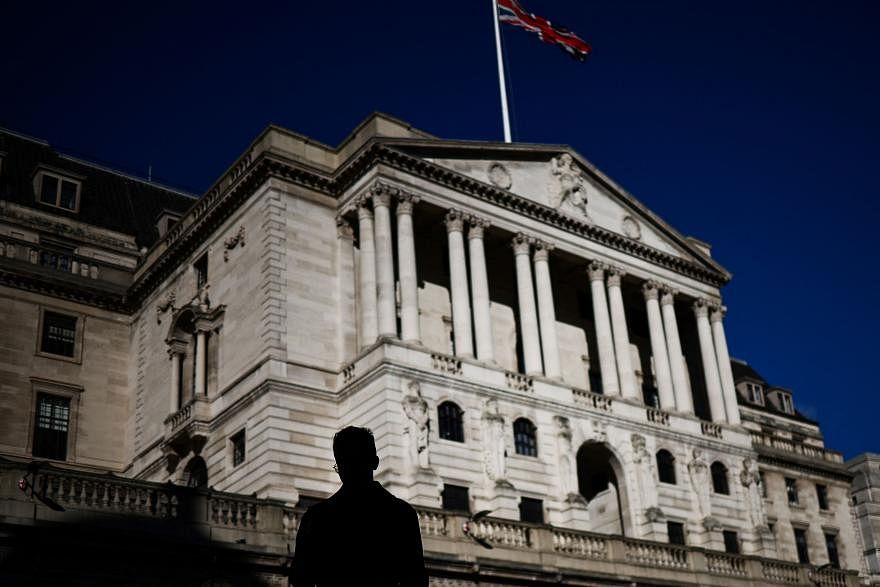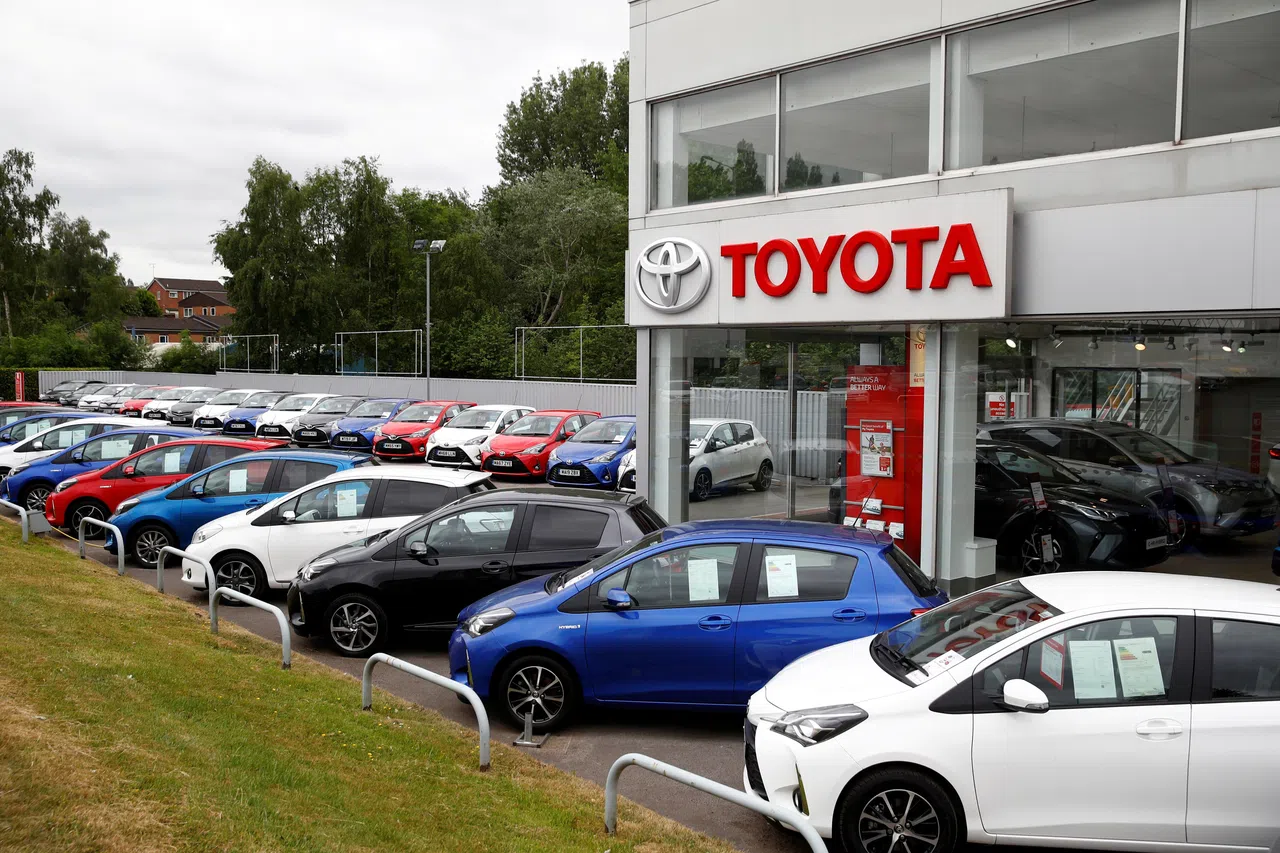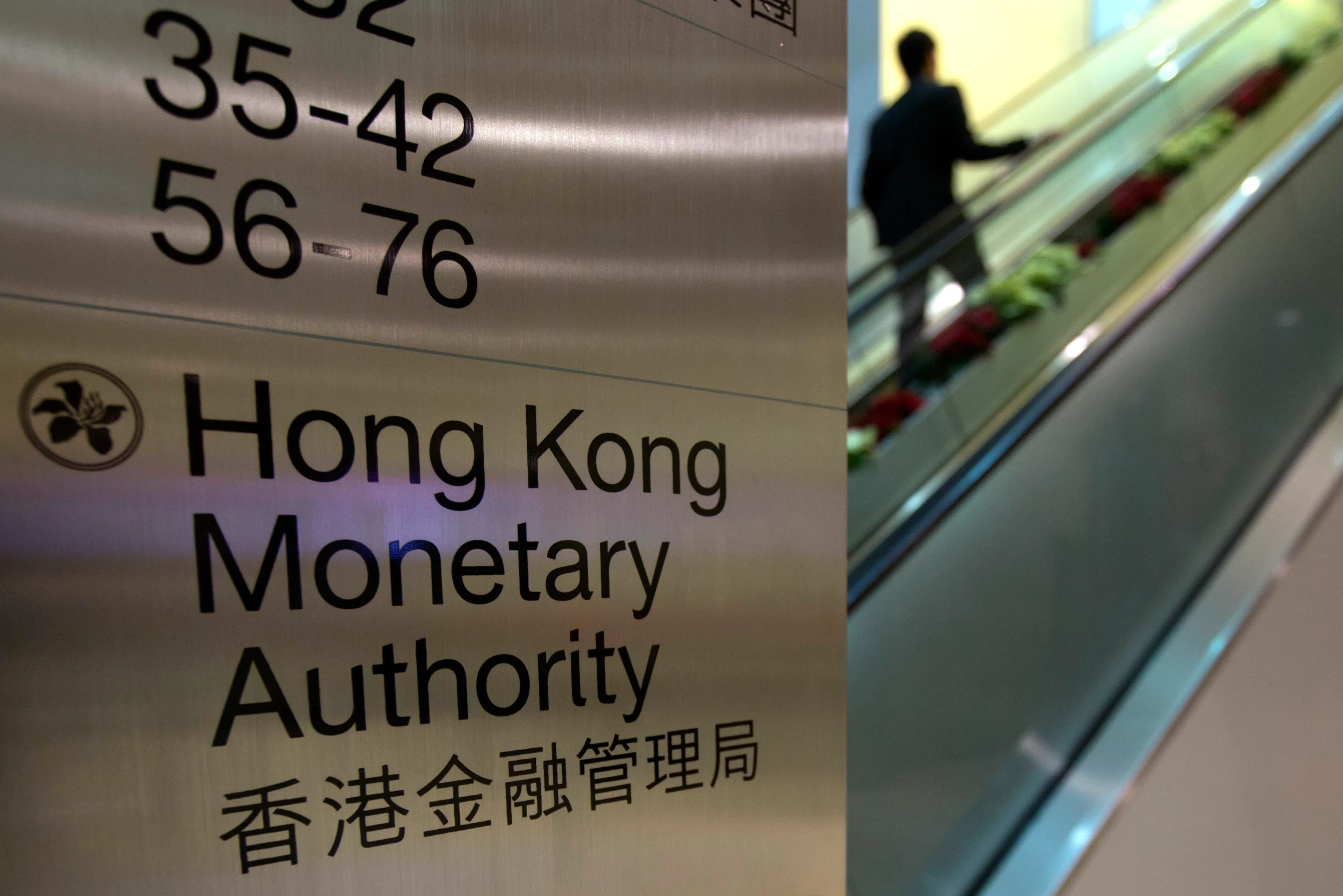THE operation of the Bank of England’s quantitative easing programme should be changed to save UK taxpayers billions of pounds, according to former deputy governor Charlie Bean.
A new, lower interest rate ought to be paid on a share of the £895 billion (S$1.5 trillion) of commercial bank deposits created under QE much like the European Central Bank’s policy of “tiering” payments on reserves, Bean said in an interview with Bloomberg.
The deputy governor for monetary policy from 2008 to 2014 raised the issue because QE has cost taxpayers £38 billion in the last 16 months, exposing BOE policymakers “to the charge that they have inflicted substantial costs on the taxpayer without adequate political legitimacy and accountability”.
The BOE expects the bill to rise to as much as £200 billion as the programme is unwound over the coming decade. The central bank declined to comment on Bean’s remarks.
The comments follow a report from UK lawmakers last week in which they said QE has become a fiscal burden, with “worrying implications for public spending, taxation and borrowing”.
Cross-party lawmakers on the Treasury Select Committee called on the government to make greater efforts to ensure “value for money” for taxpayers and explore ways in which Chancellor Jeremy Hunt could avoid the full brunt of the QE cost. Hunt is struggling to raise the funds needed for an anticipated pre-election tax giveaway.
Under QE, the BOE bought £895 billion of gilts and bonds between 2009 and 2021 to prop up the economy after interest rates were cut almost to zero. Initially, the asset purchase programme gave the government more spending power by generating profits.
By 2022, the gains totalled £124 billion. The BOE now projects around £200 billion of losses, £40 billion this year alone, taking the net lifetime cost of QE to about £80 billion. The estimate excludes any fiscal gains made from shoring up growth and employment.
The losses arise because the BOE created “reserves” to buy the £895 billion of assets. Those reserves are held by commercial banks at the BOE and are paid Bank rate, currently 5.25 per cent. The BOE earns around 2 per cent on the portfolio of bonds it bought with the reserves it created.
As a result, when rates are below 2 per cent, the BOE makes a profit. When they are above 2 per cent, it makes a loss. Rates have risen to 5.25 per cent from 0.1 per cent since December 2021.
The taxpayer is left to pick up the bill because the BOE’s losses are indemnified by a government guarantee. According to the Office for National Statistics, £38 billion has already been transferred to the BOE since October 2022.
Bean said: “Fiscal risks could be moderated if the interest bill on the reserves was not so sensitive to Bank Rate. So I have some sympathy with the argument that it would have been a good idea to reduce that sensitivity by fixing the interest rate on some intra-marginal tranche of the reserves, that is, introduce tiering.”
“I think it would make sense to pay something like the average level of Bank Rate or the Bank’s estimate of R* (the natural interest rate), say, 2 per cent or 3 per cent, but it would help if that had been introduced in the past rather than now, when Bank Rate is far above that level.”
“We’ve drifted into this world where central bank balance sheets are so large they have fiscal and financial stability consequences.”
The ECB operates a tiered system, where 1 per cent of reserves are paid zero. Robert Holzmann, the Austrian central bank chief, has proposed raising that to 10 per cent of reserves to help “recoup our losses”.
Bean is the second former BOE deputy governor to float the idea of tiering BOE reserves. Paul Tucker, deputy governor for financial stability between 2009 and 2013, outlined a similar proposal in a 55-page paper for the Institute for Fiscal Studies 16 months ago.
The potential saving for the government could stretch to tens of billions of pounds and can be arranged in such a way that the BOE’s policy functions are unaffected, Tucker wrote. Any planned change in policy would have to be kept secret to avoid a pre-emptive market reaction.
BOE Governor Andrew Bailey has said tiering would effectively be a tax on the banks. The Treasury committee said: “We do not support cutting the remuneration of reserves. We believe taxes on banks should be set through Parliament in a Finance Bill.” Bean said lenders might claw back the cost by raising mortgage rates. BLOOMBERG







